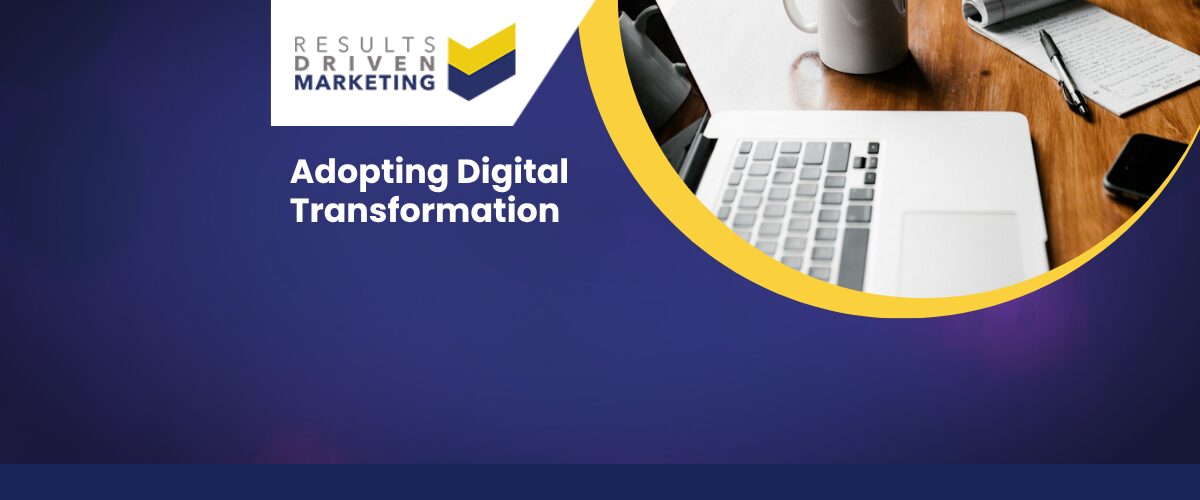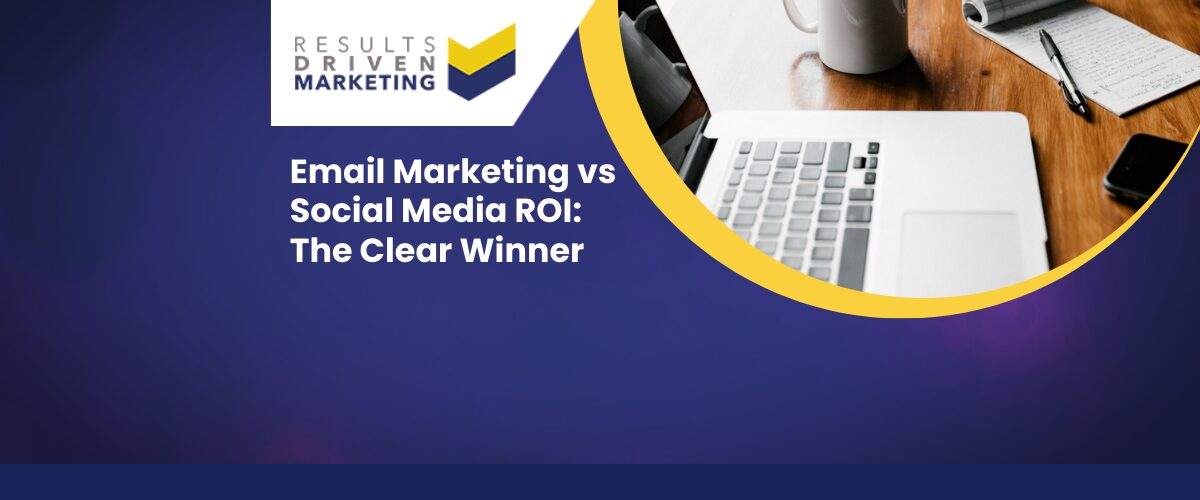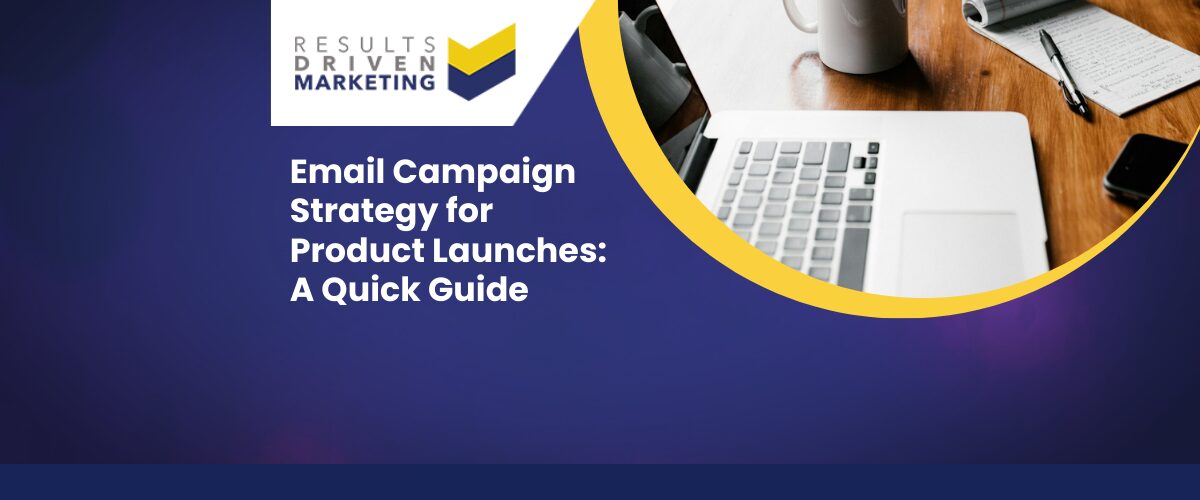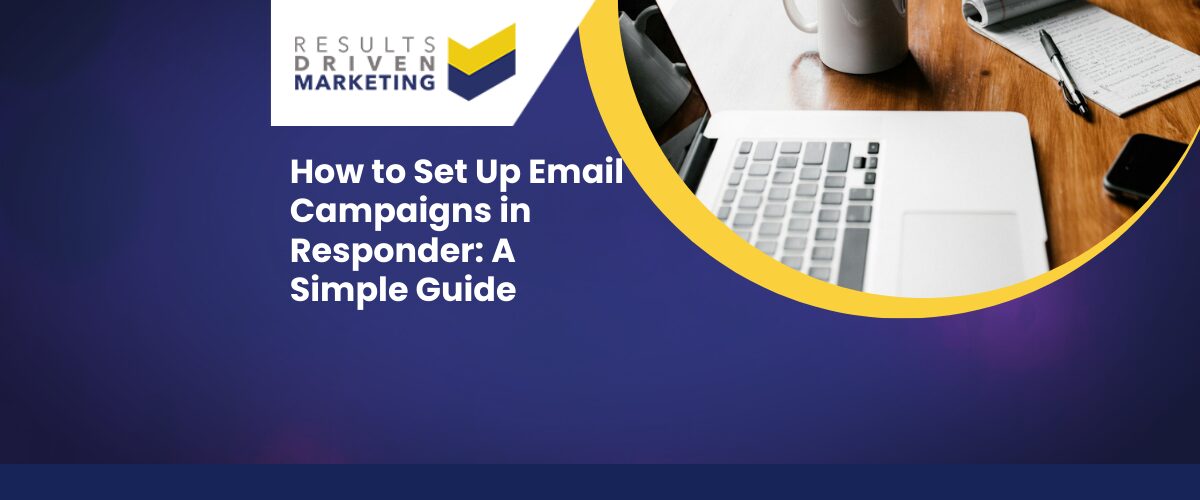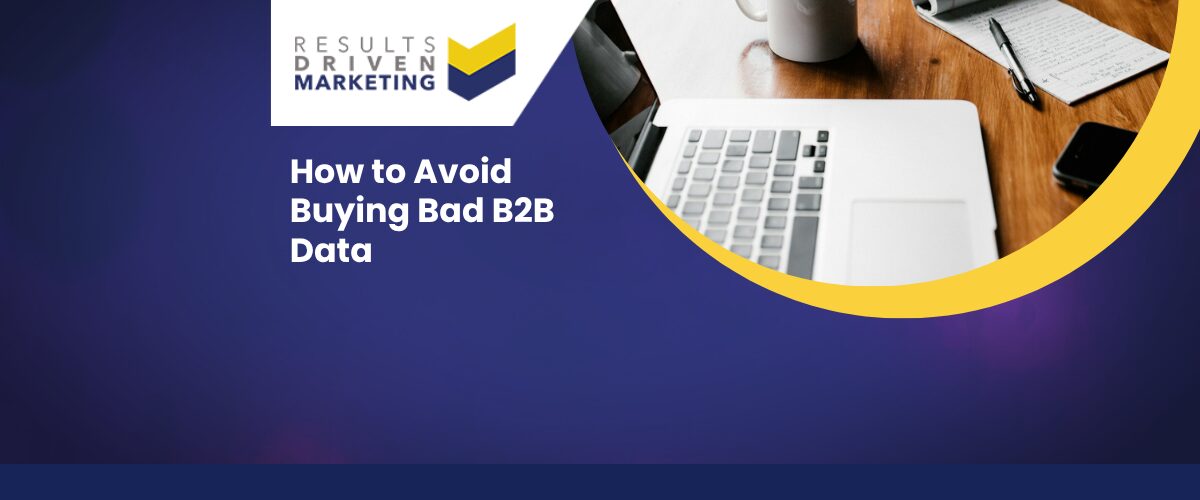
How to Avoid Buying Bad B2B Data
How to avoid buying bad B2B data is a crucial question for many SMEs investing in marketing and sales lists. Poor-quality data can drain your budget, reduce campaign effectiveness, and even risk compliance issues—all without delivering meaningful leads.
Unfortunately, it’s easy to end up with outdated, inaccurate, or irrelevant contacts if you don’t know what to look for when purchasing data. Many businesses fall into common traps that hurt their outreach efforts and stall growth.
In this article, we’ll help you identify the warning signs of bad B2B data and share practical tips on how to make smarter buying decisions. Whether you’re buying email lists, telemarketing contacts, or direct mail data, you’ll learn how to protect your investment and ensure the data you buy actually supports your sales and marketing goals.
Table of contents:
What Constitutes Bad B2B Data?
Before you can avoid buying bad B2B data, it helps to know what makes data “bad” in the first place.
Bad B2B data is typically:
-
Outdated: Contacts no longer work at the listed company, or companies have closed or moved
-
Inaccurate: Wrong job titles, incorrect emails, or phone numbers that don’t connect
-
Incomplete: Missing key information like decision-maker names, industry codes, or contact details
-
Irrelevant: Data that doesn’t match your target audience or campaign objectives
Using bad data harms your campaigns by:
-
Wasting budget on unreachable or uninterested contacts
-
Lowering open, click, and response rates
-
Increasing bounce rates, damaging your sender reputation
-
Potentially breaching data compliance rules
Understanding these issues is the first step toward making better data purchases.
Common Sources of Poor-Quality B2B Data
Knowing where bad data often comes from helps you avoid risky purchases. Common sources of poor-quality B2B data include:
-
Generic List Providers
Mass-produced lists that lack targeting, often outdated and irrelevant to your market. -
Unvetted Third-Party Vendors
Suppliers who acquire data from unknown or questionable sources, leading to inaccurate or illegal data. -
Outdated Databases with No Regular Updates
Lists that aren’t refreshed regularly quickly lose accuracy as contacts change roles or companies.
Understanding these sources helps you focus on reputable suppliers who prioritise data quality, relevance, and compliance.
Key Red Flags to Spot Before You Buy
Before investing in B2B data, watch out for these warning signs that indicate poor quality:
-
Lack of Transparency on Data Sources
If a provider can’t clearly explain where their data comes from, it’s a major red flag. -
No Guarantees or Replacements Offered
Reliable suppliers stand behind their data quality with guarantees or replacement policies. -
Overly Cheap Pricing That Sounds “Too Good to Be True”
Extremely low prices often mean outdated or low-quality lists. -
Poor Data Accuracy Rates or Missing Accuracy Metrics
Ask for data accuracy percentages. If these aren’t provided or seem low, be cautious.
Spotting these signs helps you avoid costly mistakes and ensures your data investment pays off.
Best Practices for Buying Quality B2B Data
To ensure you get the most from your B2B data purchase, follow these best practices:
Define Your Target Audience Clearly
Know your Ideal Customer Profile (ICP) inside out. Use detailed criteria like industry, company size, location, and job roles to guide your purchase.
Ask for Detailed Data Samples and Reports
Request sample records before buying. Review them carefully for freshness, accuracy, and completeness to assess quality firsthand.
Verify Compliance and Data Handling
Ensure your supplier complies with GDPR and CTPS regulations. Ask how they manage consent and data privacy to protect your campaigns.
Negotiate Terms and Guarantees
Look for suppliers offering clear replacement policies if data falls short. Agree on contract terms that protect your investment and set expectations.
Following these steps reduces risk and improves your chances of getting high-quality, actionable data.
How Quality B2B Data Improves Your Results
Investing in quality B2B data can transform your sales and marketing efforts:
-
Higher Response and Conversion Rates
Accurate and relevant data means your messages reach the right people, boosting engagement and leads. -
Better ROI on Marketing Spend
Focusing resources on well-targeted contacts avoids wasted budget on unqualified leads. -
Enhanced Segmentation and Personalised Outreach
Rich data allows for precise targeting and tailored messaging, increasing trust and conversions.
Quality data is the foundation for campaigns that deliver measurable business growth and stronger customer relationships.
Why Choose Results Driven Marketing
At Results Driven Marketing, we specialise in delivering high-quality, UK-specific B2B data that helps SMEs avoid the pitfalls of bad data purchases.
What sets us apart:
-
Expertise in B2B Data – We focus exclusively on business data tailored to your target audience and campaign goals.
-
Compliance Assurance – Our data is fully GDPR and CTPS compliant, reducing your legal risks.
-
Rigorous Quality Checks – Every list undergoes a 40-point quality control process to ensure accuracy and freshness.
-
Fast, Reliable Delivery – Receive your tailored data quickly, in CRM-friendly formats ready for immediate use.
-
Dedicated Support – Our friendly team provides honest advice and practical help tailored to SME needs.
Choose Results Driven Marketing to protect your data investment and maximise your outreach results.
Contact us to learn more.
Final Thoughts: Protect Your Investment with Smart Data Buying
Knowing how to avoid buying bad B2B data is essential for making your marketing and sales efforts truly effective. Focus on quality over price, ask the right questions, and work with trusted suppliers who understand your business and compliance requirements.
By doing so, you safeguard your budget, improve campaign performance, and reduce legal risks—setting your SME up for sustainable growth.
If you’re ready to invest in reliable, targeted B2B data that drives results, contact us for expert advice or explore our tailored email lists designed specifically for UK SMEs.
Results Driven Marketing
Helping SMEs go from bad data to more customers and profits
📍 Newcastle (Cobalt Business Exchange)
📞 0191 406 6399
🌐 rdmarketing.co.uk


